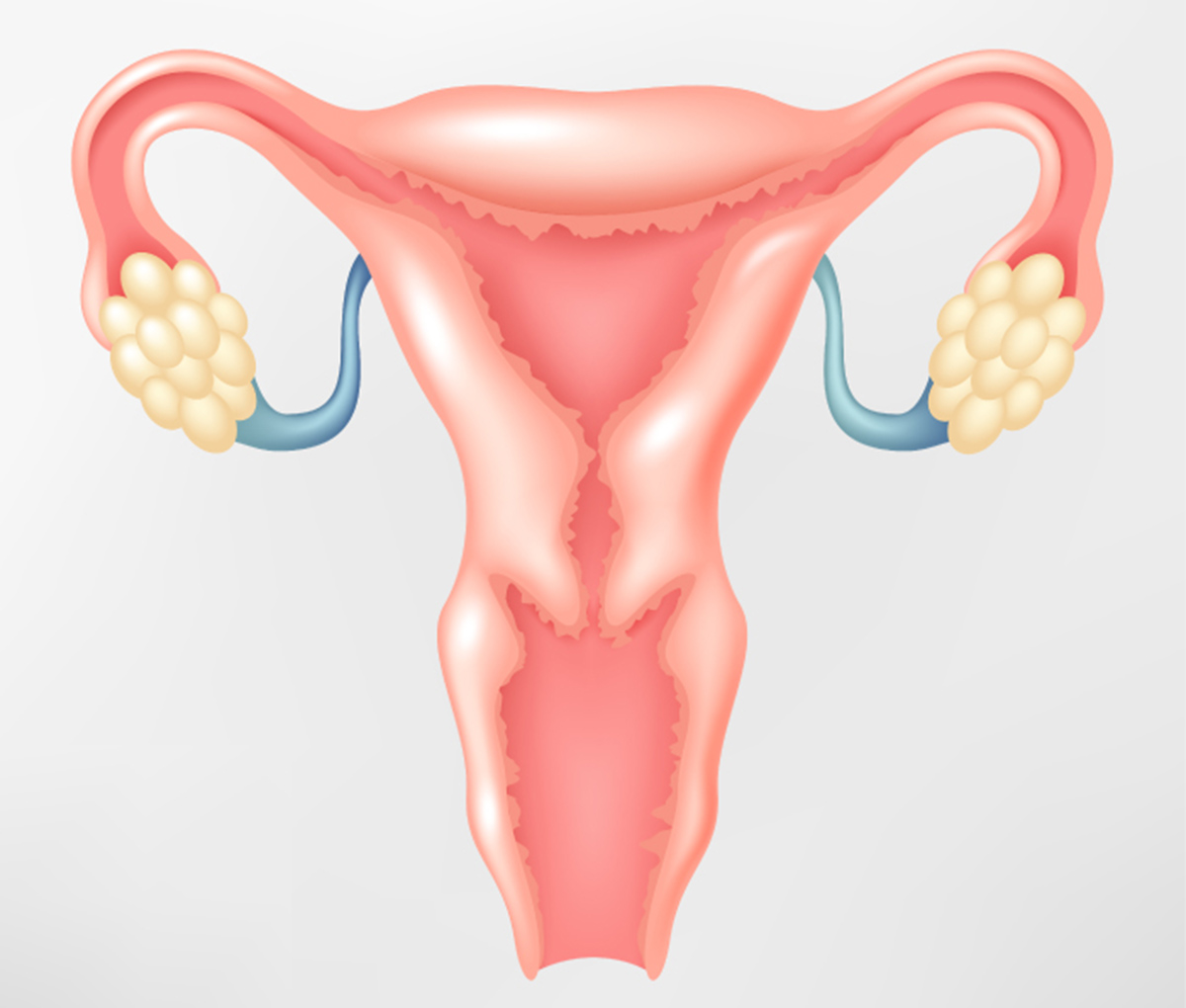Endometriosis and ovarian clear cell carcinoma, a rare ovarian cancer that falls into the category of epithelial ovarian cancers, have recently been shown to share a genetic link. This finding may explain why women with endometriosis have a slightly increased risk of developing this type of cancer, though the overall risk is still low.

The link between endometriosis and epithelial ovarian cancer
It still isn't quite clear what causes the slightly higher risk of epithelial ovarian cancer in women who have been diagnosed with endometriosis. One of the possibilities is that high estrogen levels set a process of malignant transformation of endometriotic cysts in motion, while gene mutations may also be to blame. Iron builds up in these cysts, which cause oxidative stress that may in turn eventually lead to malignant transformation, or in other words the development of ovarian cancer.
What do you need to know about ovarian clear cell adenocarcinomas?
Ovarian clear cell adenocarcinomas are rare but aggressive cancers. Though epithelial ovarian cancer is the most common kind of ovarian cancer, the epithelium being the cells lining the ovaries and fallopian tubes, only just over 10 percent of epithelial ovarian cancers are ovarian clear cell adenocarcinomas. No more than five percent of overall ovarian cancers belong to this specific type, meanwhile.
Can you recognize the signs of ovarian clear cell cancer?
Not as such, since other ovarian cancers and (benign) conditions have similar symptoms. These same symptoms are, however, always a reason to get in touch with your doctor, and the complaints to watch out for include:
- Abdominal pain or discomfort, especially in the lower pelvic region.
- Unexplained and often sudden abdominal bloating or swelling that kind of looks like you are pregnant. Called ascites, this kind of swelling is caused by an abnormal build-up of fluid in the abdominal cavity, and can be quite dramatic.
- A feeling of nausea, and even vomiting.
- A loss of appetite, along with feeling full after eating only a little.
- Fatigue.
- Changes in your bowel movements (constipation), in menstruation, and in urination — you may need to pee a lot.
- Painful sexual intercourse.
Ovarian clear cell cancer: What are the risk factors?
Research — though still very much in progress — points to a link between ovarian clear cell cancer and endometriosis in up to 58 percent of instances, despite the fact that it remains unclear whether this correlation is coincidental or whether endometriosis can cause ovarian clear cell cancer, by means of malignant transformation of endometrial lesions. There are some known risk factors for ovarian cancer, however, and they include:
- Being nulliparous — not having given birth.
- Most women who are diagnosed with this kind of ovarian cancer are over 55, and thus also post-menopausal.
- Carrying the BRCA-1 and BRCA-2 genes puts a person at a higher risk of developing ovarian clear cell carcinoma, even though most women who develop the cancer do not carry these genes.
- A high body mass index, in other words being overweight or obese.
- Being immunocompromised also places you at a higher risk of developing this cancer, again despite the fact that most women who develop it do not have weak immune systems.
What can you do to reduce your real of ovarian clear cell cancer?
Some factors have been associated with a lower risk of ovarian clear cell cancer, and they are:
- You already know that women who have given birth to children are at a lower risk of developing this kind of cancer, since not having children is one of the risk factors. Breastfeeding also has a protective effect against ovarian clear cell adenocarcinoma, as well as against some other cancers.
- Research suggests that women who do not smoke have a minor reduction in their risk of developing ovarian clear cell cancer.
- Having used hormonal contraceptives lowers your risk of developing this cancer, and hormonal contraceptives such as the birth control pill or a Mirena intrauterine system are often prescribed to reduce endometriosis symptoms.
- Having a tubal ligation also appears to significantly reduce your odds of ovarian clear cell cancer, perhaps because it puts a stop to retrograde (backward flow of) menstruation and thereby also lowers a woman's risk of developing endometriosis in the first place.
Should you have endometriosis, reading about a link between that condition and a rare type of ovarian cancer should not cause you to panic immediately. It is always, on the other hand, prudent to play close attention to any new symptoms you may experience. It is always preferable to "bug" your doctor about something that turns out to be nothing than to ignore symptoms you are worried about.
- Photo courtesy of SteadyHealth.com
- www.ncbi.nlm.nih.gov/pmc/articles/PMC2001101/
- www.ncbi.nlm.nih.gov/pubmed/10215439/
- www.ncbi.nlm.nih.gov/pmc/articles/PMC5563086/
- www.cancer.gov/types/ovarian/hp/ovarian-epithelial-treatment-pdq#section/all?redirect=true
- ocrahope.org/2016/06/the-effect-of-oral-contraceptives-on-ovarian-cancer/
- https://www.ncbi.nlm.nih.gov/pmc/articles/PMC4993982/


Your thoughts on this